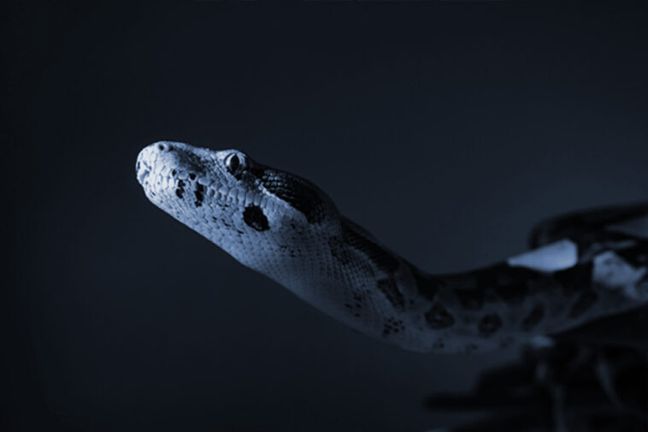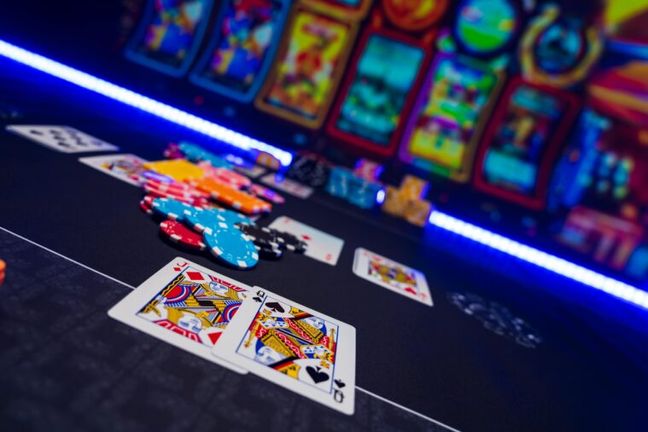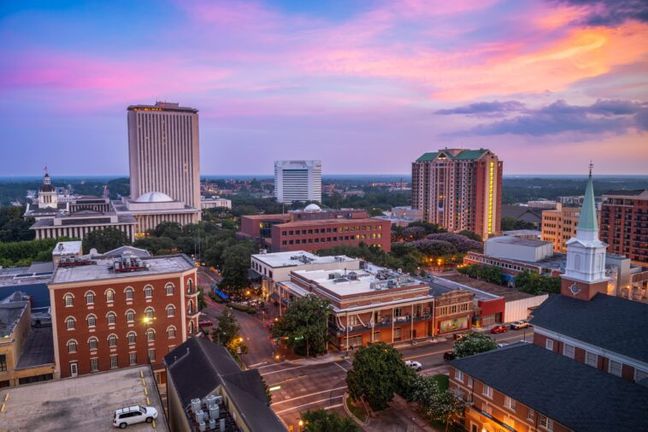What does your heritage mean to you?
As a first-generation Filipino, my heritage is extremely important to me. I did not realize the influence my parents’ cultural background had on me until I began to form my own beliefs related to everything from spirituality, parenting, education, and career mindset. My father served in the U.S. Navy. He raised three daughters in San Diego, sometimes being deployed off and on, for over 20 years until his retirement. My mother worked very hard. They both instilled in us the lessons of opportunity, determination, hard work, respect, and gratitude. To me, those are fundamental core values tied to my Filipino heritage.
How do you celebrate or keep your heritage alive in your daily life?
My daily life is deeply rooted in my heritage through family, faith, and traditions in many things. My 90-year-old mother helped raised my children. Now, as older adults to my nieces and nephews, we are also helping raise their children.
My Filipino heritage has two things at the center of importance: faith and family. The Philippines has a large population of practicing Catholics. My father was deeply rooted in practicing his faith, which carried over to his children. As Western modernism also was an influence on us as children, we never strayed from our core faith as Christians, but we definitely questioned our religion and the practice we were deeply rooted in as children.
Filipino families center every major event around food. You will not go to a Filipino home and leave hungry. Whether it is a joyous occasion, or a more subdued one, our homes are open, and a full table of various foods will most likely always be the second main event. Traditional foods made for special events include: lumpia, a rolled rice paper, deep fried and stuffed with vegetables and meat like ground beef/pork; and pancit, which is a clear noodle, stir-fried and mixed with vegetables, a protein, and marinated in a type of a sweet sauce like soy sauce. Desserts are very specific to particular islands in the Philippines but popular desserts include: an egg custard called Leche Flan, a Mochi-type of dessert called Babinka, and sometimes an iced-blended drink with Filipino fruits like jackfruit, lychee, coconut beads, and sweet corn is shared, and that is called Halo Halo. My children, who are now adults, cherish fond memories, centered around being with family and the wonderful, traditional foods they enjoy. I married a chef, so he is able to continue this wonderful tradition of home-cooked, traditional Filipino meals.
In what ways does your heritage influence your work?
I am deeply influenced by the lessons my father taught me growing up. My parents were raised in a third-world country at the tail end of World War II. They saw horrific scenes of war. People they loved and knew left to war and did not return. Families were divided and mental health was ignored, at a time when it was not a priority. My father always said, “Monica, whatever you choose to be, be the BEST.” That resonates with me, as I have been in various careers from high school to my adult life. I try to work with a mindset of gratitude, perseverance, and tenacity. My father’s hardships were lessons to his children to look at the opportunities given to us as a gift and not a burden. I lost my father in 2021. His lessons from his childhood, his Navy career, and the Filipino traditions he brought with him are deeply embedded in who I am as a grown adult. I admire him so much for many reasons. He never took for granted the opportunity of being Filipino and living in America.

 Slay the Serpent: How To Combat the Reptile Theory in Deposition!
Slay the Serpent: How To Combat the Reptile Theory in Deposition!
 2024 Amendments to Arizona Rules of Civil Procedure: The Good News
2024 Amendments to Arizona Rules of Civil Procedure: The Good News
 New Jersey Supreme Court Rules Against Casino in COVID-19 Coverage Fight
New Jersey Supreme Court Rules Against Casino in COVID-19 Coverage Fight
 Don’t Play with FMLA! Long Time FSU Employee Settles After Termination Following Approval of FMLA Leave
Don’t Play with FMLA! Long Time FSU Employee Settles After Termination Following Approval of FMLA Leave
 To Reimburse or Not Reimburse? That Is the Question
To Reimburse or Not Reimburse? That Is the Question
 I’ll Be Missing You(r Particularity): Ignoring Salacious Allegations to Focus on Pleading Standards
I’ll Be Missing You(r Particularity): Ignoring Salacious Allegations to Focus on Pleading Standards
 When Is an Assault Not an Assault? When It’s Medical Malpractice!
When Is an Assault Not an Assault? When It’s Medical Malpractice!
 Personalize the Corporate Defendant to Sway Jurors!
Personalize the Corporate Defendant to Sway Jurors!
 Cannabis Workers Allege Quota to Trim 4 Pounds a Day Violates the California Labor Code
Cannabis Workers Allege Quota to Trim 4 Pounds a Day Violates the California Labor Code